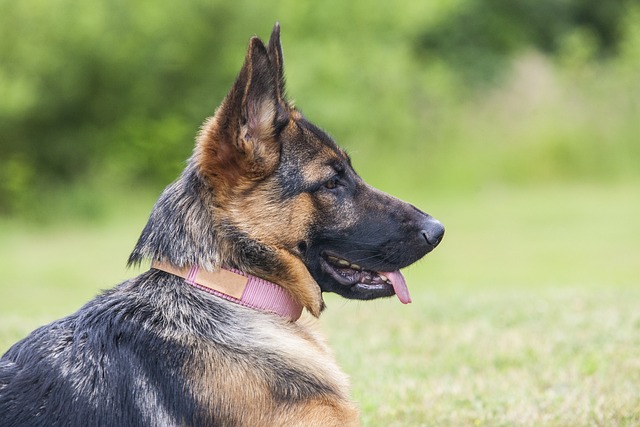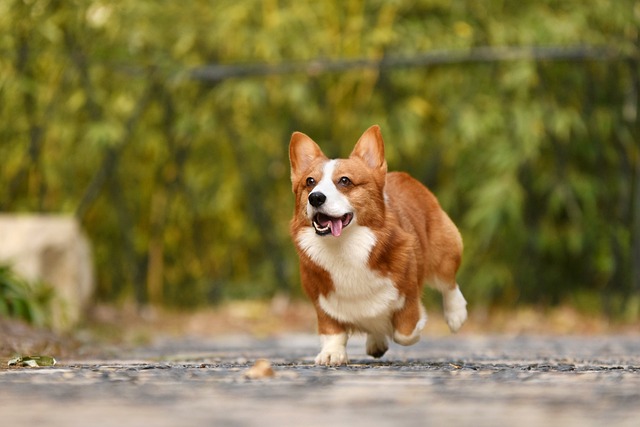
Are Poodles hard to potty train?
Many new Poodle owners worry about potty training challenges, but the breed’s high intelligence often works in their favor.
Anyone who’s spent time tossing a ball in the park knows some dogs go wild for fetch, while others just stare like you’re speaking a foreign language. That enthusiasm isn’t random—it often ties back to a breed’s original job, whether it was herding, retrieving game, or working alongside humans.
Retrievers top the list for a reason. Golden Retrievers and Labrador Retrievers were bred to fetch ducks and game for hunters, so their love of chasing and bringing back objects is in their DNA. A friend’s Lab once spent 45 minutes straight fetching a frisbee at the community park, barely pausing to catch its breath—classic retriever behavior.
Border Collies might not be the first breed you think of for fetch, but their high energy and desire to work make them stars. They’ll chase a ball, stick, or even a sock, and they often learn to drop it right in your hand faster than other breeds. Just be ready—they need more than a few rounds to burn off that energy.
 Don’t forget about Spaniels, either. Cocker Spaniels and English Springer Spaniels have a natural instinct to retrieve, thanks to their history as bird dogs. A neighbor’s Springer once fetched a tennis ball so hard it bounced over a fence—and then waited patiently for them to climb over and get it back.
Don’t forget about Spaniels, either. Cocker Spaniels and English Springer Spaniels have a natural instinct to retrieve, thanks to their history as bird dogs. A neighbor’s Springer once fetched a tennis ball so hard it bounced over a fence—and then waited patiently for them to climb over and get it back.
It’s not all about breed, though—training and safety matter too. In many places, public parks require dogs to be on leashes unless in designated off-leash areas, so always check local rules before letting your dog run free for fetch. Some cities also have noise ordinances, so if your dog barks excessively while waiting for the throw, you might need to adjust.
Even if your dog isn’t a “fetch breed,” you can still teach them to love the game. Start with short sessions, use treats to reward them for bringing the toy back, and keep it fun—never force them if they seem uninterested. Over time, many dogs learn to enjoy the bonding time as much as the chase.
At the end of a fetch session, what matters most is that your dog gets exercise and you both have fun. Whether you’re playing with a Retriever, Collie, or a mixed breed, always follow local pet laws to keep your dog, other animals, and people safe. That way, every toss of the ball is a happy, compliant moment.

Many new Poodle owners worry about potty training challenges, but the breed’s high intelligence often works in their favor.

Belgian Malinois are smart, energetic dogs, but their barking can sometimes become a challenge—especially when it disrupts neighbors or violates local noise rules. First, you need to figure out why they’re barking.

Anyone who’s spent time tossing a ball in the park knows some dogs go wild for fetch, while others just stare like you’re speaking a foreign language.

Toss a tennis ball across a park, and you’ll likely see a Golden Retriever bolt after it—tail wagging so hard their whole body shakes—before dropping it at your feet, waiting for another throw.

If you’re in the thick of puppyhood feeling sleep-deprived and wondering if you’ve made a terrible mistake, you’re not alone.

That magical period when your puppy seems curious about everything isn’t just a cute phase—it’s a critical developmental window that will shape their personality forever.